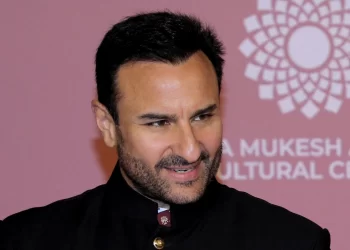In a landmark move to enhance the integrity and transparency of the Oscar voting process, the Academy of Motion Picture Arts and Sciences has unveiled a series of major rule changes ahead of the 98th Academy Awards, set for March 15, 2026.
One of the most significant updates mandates that all voting members must confirm they have viewed every nominated film in a category before submitting their final votes. This rule, which mirrors the voting practices already in place at the British Academy of Film and Television Arts (BAFTA), is intended to encourage more informed and responsible voting.
This verification system has already been in use for select categories like International Feature Film and Animated Short. However, the Academy has now expanded this requirement to cover all categories. Members’ viewing activity will be tracked via the Academy Screening Room, the organization’s exclusive members-only streaming platform. For films watched outside the platform—such as at festivals, private screenings, or other events—members will be required to fill out a verification form stating when and where they viewed the film.
Additionally, final ballots will now list the names of all individual nominees, not just the film titles, to provide voters with greater clarity during the selection process.
The Academy has also introduced a brand-new category: Achievement in Casting. Spearheaded by the Casting Directors Branch, up to 10 films will be shortlisted based on their casting creativity and collaborative process. These films will be showcased in a “Bake-Off” event that includes five-minute highlight reels and Q&A sessions. Only branch members who view all 10 films will vote on the final five nominees. The entire Academy membership will then vote for the winner using an edited version of the presentations.
In another expansion, the Academy has added the Best Cinematography category to its shortlist process. Now, between 10 and 20 films will be considered in advance, bringing the number of artisan categories using shortlists to 12. Only production design, costume design, and film editing remain exempt.
Importantly, the Academy has also released its first formal stance on the use of generative artificial intelligence (AI) in filmmaking. According to the new guidelines, the use of AI tools will neither advantage nor disadvantage a film’s chances for nomination. The emphasis, the Academy notes, will remain on the extent of human creativity involved in a work’s authorship.
Key deadlines include September 10 and November 13, 2025, depending on a film’s release window, to qualify for Best Picture. All eyes now turn to the evolving landscape of cinema as the Academy paves the way for a more transparent and forward-looking Oscars.








 India
India












